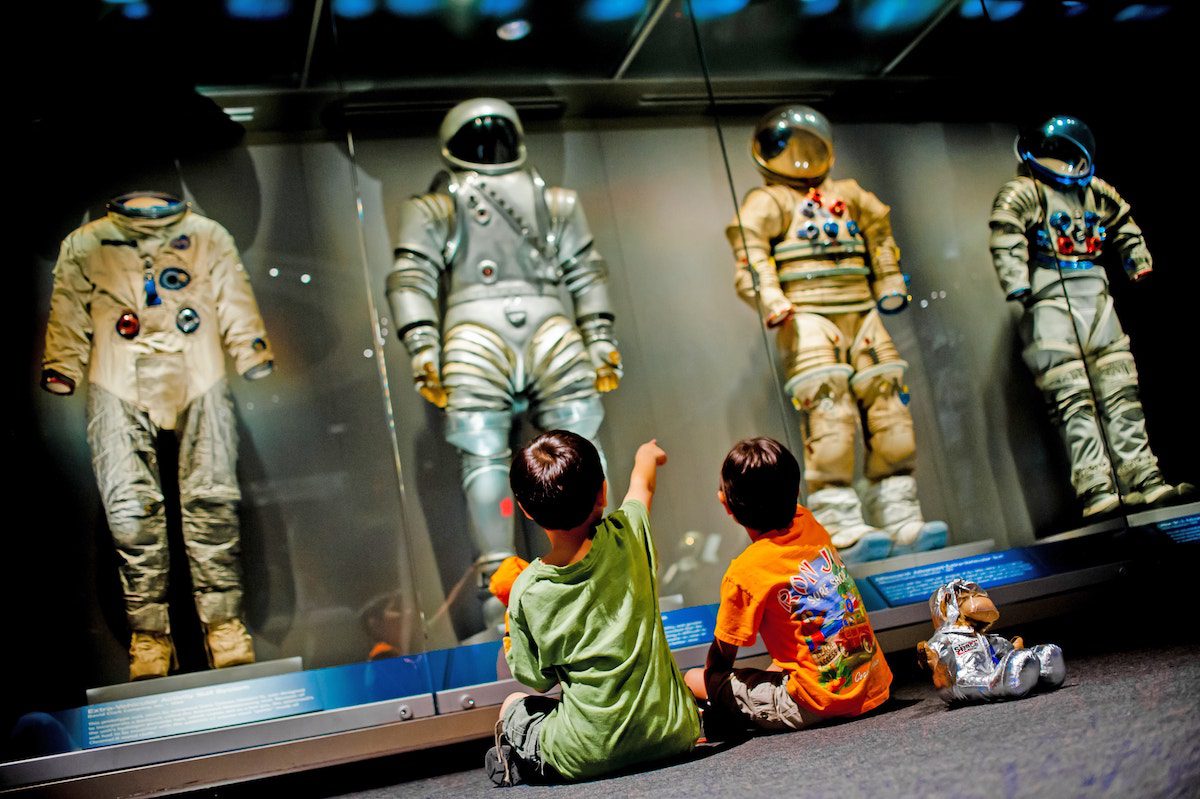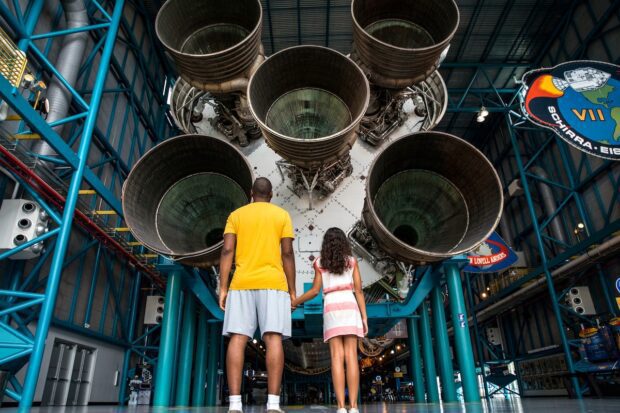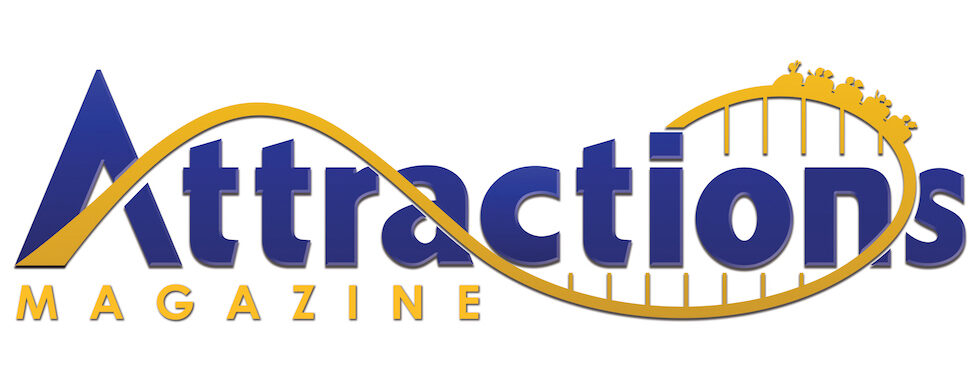Kennedy Space Center recognized as Certified Autism Center
Kennedy Space Center Visitor Complex has partnered with the International Board of Credentialing and Continuing Education Standards (IBCCES) to become a Certified Autism Center.

Many autistic and sensory-sensitive individuals face challenges when visiting new places due to a lack of understanding, flexible options, and accommodations. As a result, IBCCES developed training and certification programs for attractions, museums, hotels, zoos, aquariums, and other entertainment venues to ensure all visitors can have an enjoyable experience.
“IBCCES is honored to partner with Kennedy Space Center Visitor Complex to help more families create treasured memories and enjoy all the amazing experiences the visitor complex has to offer,” said IBCCES Board Chairman Myron Pincomb. “Addressing this global need for more accessibility is critical, and we’re proud to provide comprehensive support and certification, working alongside our industry partners to lead the way.”

During the certification process, the Kennedy Space Center Visitor Complex team completed training to understand and welcome autistic or sensory-sensitive visitors. In addition, IBCCES provided ways the visitor complex can accommodate visitors and provided sensory guide signage for each exhibit to help guests prepare for their visit.
As a Certified Autism Center, Kennedy Space Center Visitor Complex will provide the following features and services:
- Trained and Knowledgeable Team Members – Kennedy Space Center Visitor Complex’s front-line team members completed specialized training to assist autistic guests and individuals with sensory sensitivities. Equipped with the necessary skills and understanding, these team members will ensure that every visitor feels supported and accommodated.
- On-site Sensory Guidance – Sensory guidance signage has been strategically placed throughout the visitor complex, making it easier for individuals and families to plan activities that align with their specific needs and preferences. These signs will include ratings for each sense and detailed information on how each area may impact sensory experiences.
- Designated Low Sensory Areas – Kennedy Space Center Visitor Complex will designate specific areas where guests with sensory sensitivities can take a break and relax in a less stimulating environment. These safe spaces offer respite from potential sensory overload, allowing individuals to recharge before continuing their visit.
- Kennedy Space Center Visitor Complex’s Sensory Guide – An updated Sensory Guide will be available on the Kennedy Space Center Visitor Complex website, on the app, and at Guest Services, Information, and Will Call. This comprehensive guide will provide detailed information about additional accommodations and options available to visitors, ensuring everyone can access and enjoy the center’s offerings.
“This certification is just one way we are working to ensure that Kennedy Space Center Visitor Complex is accessible to each of our guests,” said Kennedy Space Center Visitor Complex COO Therrin Protze. “The extensive autism sensitivity and awareness training our staff has undergone has already impacted the way we interact with all families and children with of all abilities, but specifically those with autism and other sensory sensitivities.”

IBCCES is the only credentialing organization offering cognitive disorder training and certification for healthcare, education, entertainment, and corporate professionals worldwide. In addition to its certification programs, IBCCES created AutismTravel.com, a free online resource that lists certified destinations and connects families to other resources and communities.
For more information about visiting the Kennedy Space Center Visitor Complex, visit kennedyspacecenter.com.

